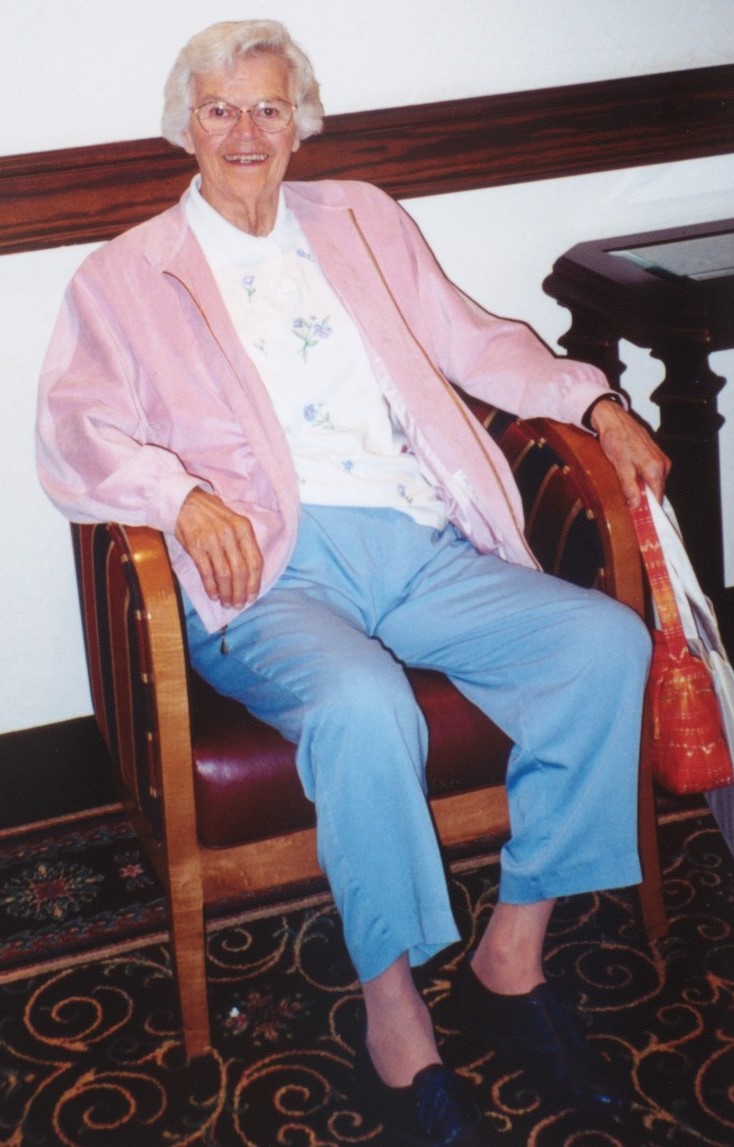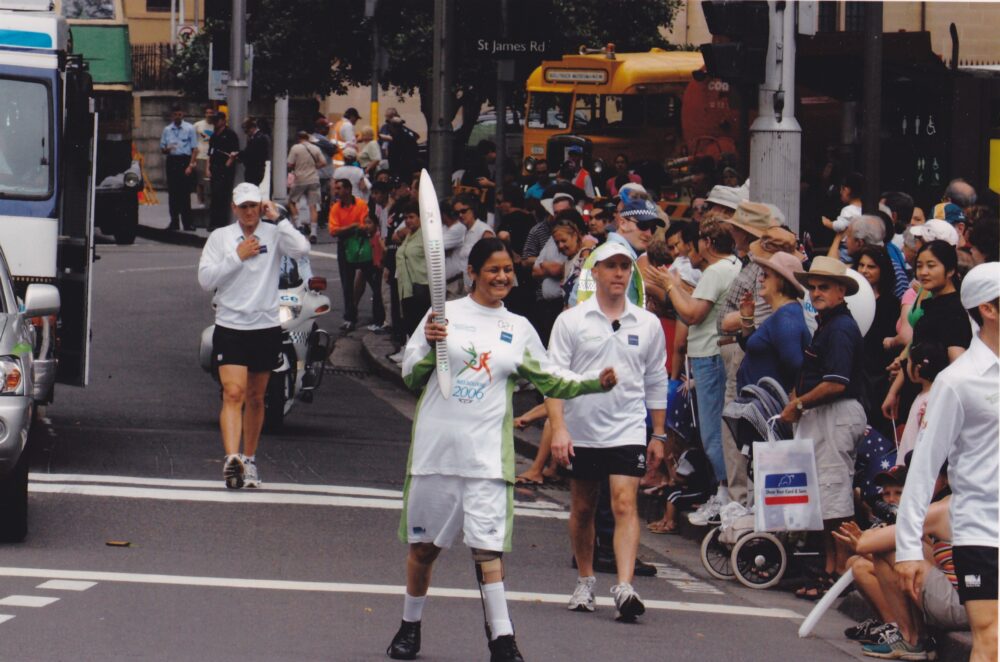By Neena Bhandari
St Louis (Missouri, USA): For the growing number of polio survivors facing new challenges with the onset of post polio syndrome, world renowned polio specialist Dr. Jacquelin Perry says, “Listen to your body. Feel the aches and pains. Don’t Push. Control your destiny”.
Infantile paralysis or polio epidemics struck America from the 1920s to late 1950s afflicting 1.8 million children. The disease killed some and disabled others.
“The effects were like spatter paint. If you had a lot of paint, you had a lot of damage, while others were just touched lightly. Polio is a nerve disease that damages or kills anterior horn cells. The survivors were left with a damaged neuro-muscular system”, explains Dr Perry.


